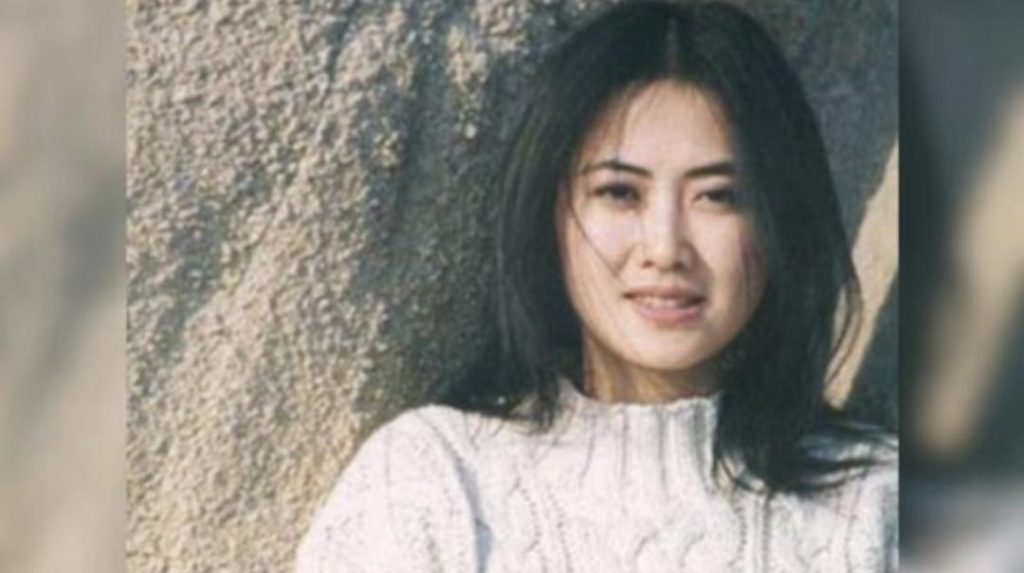
Xi Jinping’s Daughter in Spotlight Amid US Visa Crackdown
In the midst of escalating tensions between Washington and Beijing, a relatively unknown figure has found herself at the center of a heated controversy: Xi Mingze, the daughter of Chinese President Xi Jinping. The young woman’s alleged presence in the United States has sparked debate and scrutiny, particularly in light of the Trump administration’s recent efforts to crack down on student visas for Chinese nationals.
As a Harvard alumna, Xi Mingze’s background and rumored activities have raised questions about her role in the ongoing diplomatic spat between the two superpowers. While her father’s leadership has been marked by a tightening grip on power and increasing authoritarianism, Xi Mingze’s own story is shrouded in mystery. This lack of transparency has only added fuel to the fire, with many speculating about her involvement in Chinese espionage or her potential influence on her father’s policies.
Who is Xi Mingze?
Born in 1992, Xi Mingze is the only child of Xi Jinping and his wife, Peng Liyuan. Her father’s rise to power began in the early 2000s, and Xi Mingze has been largely absent from public view since then. However, rumors and whispers about her life and activities have persisted, with some claiming she has been living in the United States for several years.
Xi Mingze’s educational background is well-documented. She attended Harvard University, where she earned a degree in sociology. Her time at Harvard coincided with her father’s increasing prominence on the global stage, and some have speculated that she may have played a role in facilitating his connections to the academic and business communities in the United States.
However, Xi Mingze’s activities since graduating from Harvard remain unclear. Some reports suggest she has been working in the private sector, while others claim she has been involved in her father’s government in some capacity. The lack of concrete information has led to widespread speculation, with some accusing her of being a pawn in her father’s efforts to expand China’s influence abroad.
US Visa Crackdown: A Response to Rising Tensions?
The Trump administration’s recent efforts to crack down on student visas for Chinese nationals have been widely viewed as a response to growing tensions between the two countries. In 2019, the US government introduced new regulations aimed at limiting the number of Chinese students studying in the United States. The move was seen as a attempt to curb China’s ability to gather intelligence and recruit talent for its military and intelligence agencies.
The visa crackdown has had a significant impact on Chinese students, with many facing difficulties in obtaining visas or being forced to leave the country. The move has been widely criticized, with many arguing that it is a form of discrimination and will damage academic cooperation between the two countries.
Xi Mingze’s rumored presence in the United States has sparked concerns that she may be a target of the visa crackdown. Some have speculated that she may be using her Harvard degree to gain access to sensitive information or to influence US policymakers. However, there is no concrete evidence to support these claims, and Xi Mingze has thus far remained silent on the matter.
Escalating Tensions: A New Era of Competition?
The Xi Jinping era has been marked by a significant increase in tensions between China and the United States. The Trump administration’s “America First” policies have led to a growing sense of competition between the two countries, with China emerging as a major rival in the global economy.
The visa crackdown is just one aspect of this broader competition. The US government has also taken steps to limit Chinese investment in the country, and has imposed sanctions on Chinese companies accused of human rights abuses.
In response, China has taken a more aggressive stance, accusing the US of attempting to contain its rise and undermine its economic and military growth. The country has also taken steps to limit US investment in China, and has imposed its own sanctions on US companies accused of intellectual property theft.
The Xi Jinping era has also seen a significant increase in Chinese influence abroad. The country has expanded its diplomatic reach, establishing new relationships with countries in Africa, Latin America, and Southeast Asia. China has also invested heavily in international institutions, seeking to increase its influence over global governance and decision-making.
Conclusion
The controversy surrounding Xi Mingze serves as a reminder of the complex and often fraught nature of the relationship between China and the United States. As tensions continue to escalate, it is likely that Xi Mingze’s story will continue to be scrutinized and debated.
While her rumored presence in the United States remains shrouded in mystery, it is clear that her father’s leadership has had a profound impact on global politics and international relations. The Xi Jinping era has seen a significant increase in tensions between China and the United States, and it remains to be seen how this competition will play out in the years to come.
Sources:



